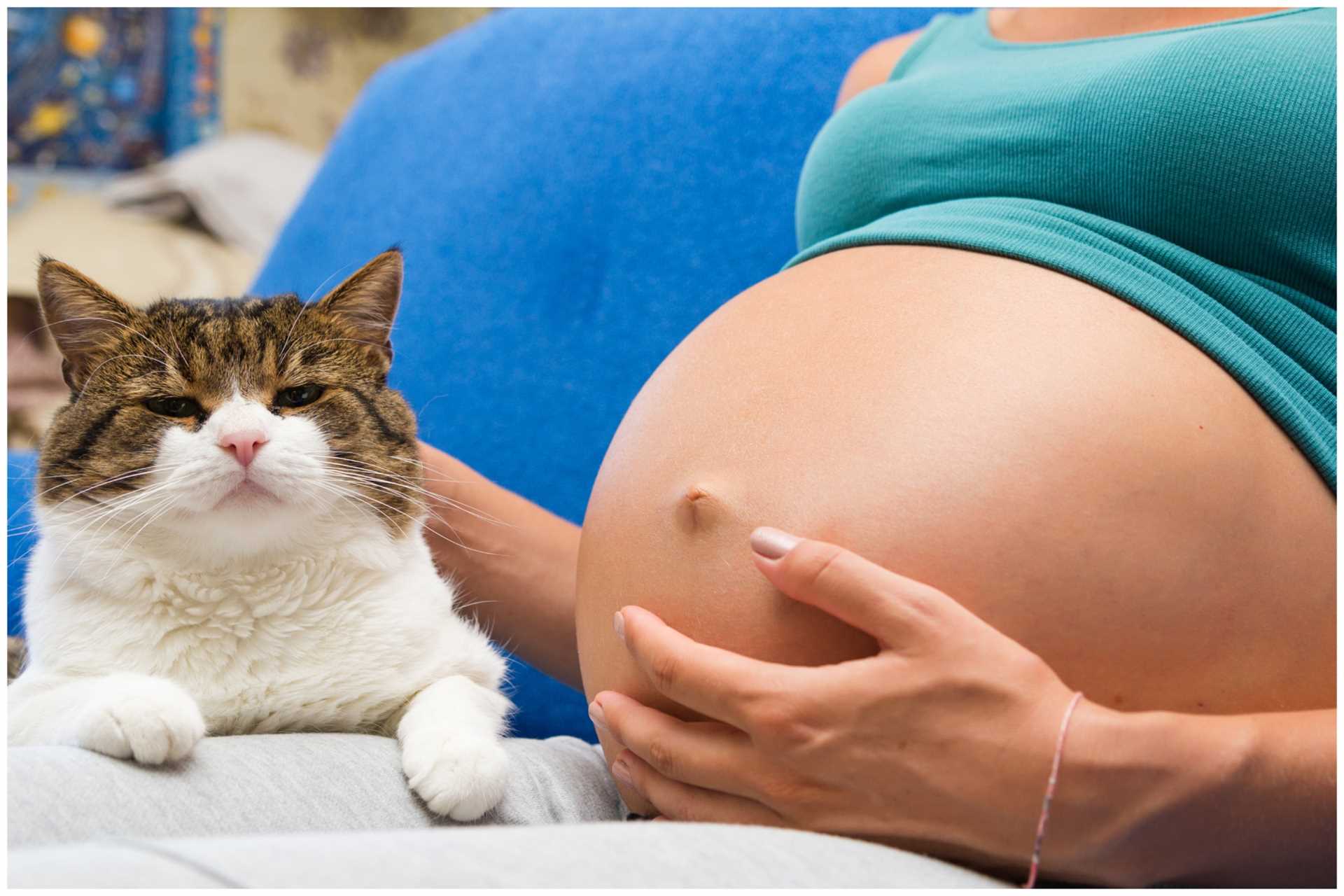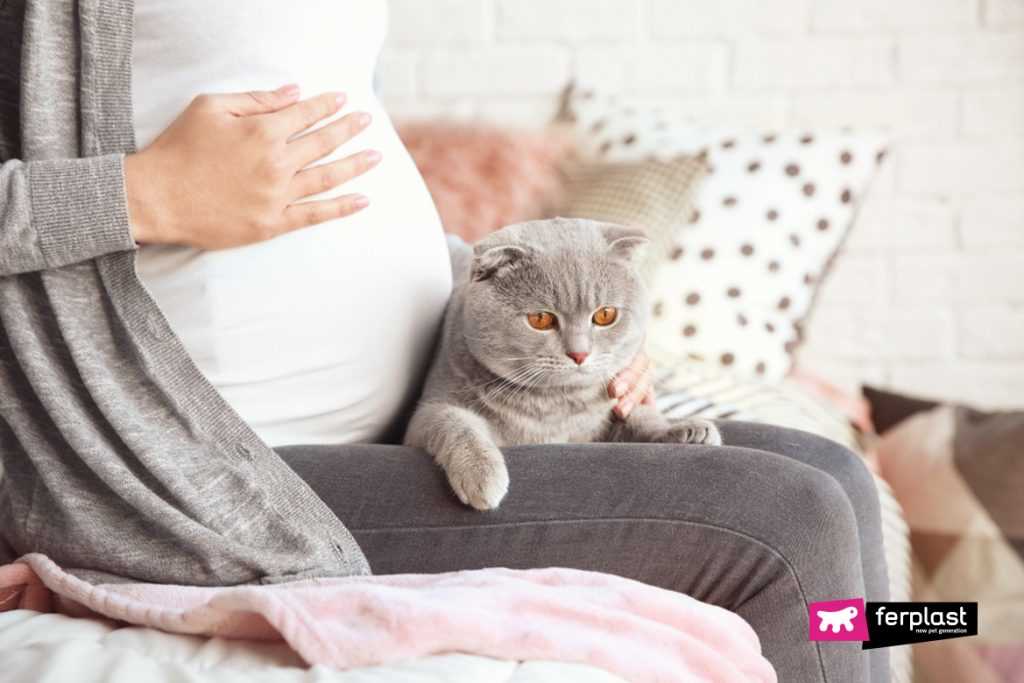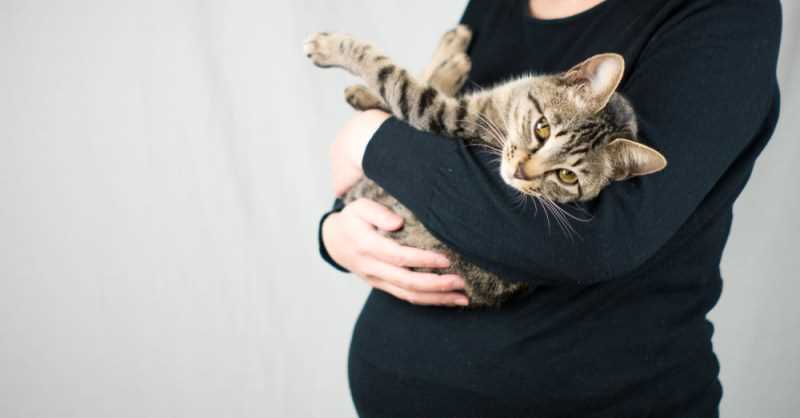



Absolutely! Living with a furry companion can bring joy and comfort during this special time. However, there are some guidelines to consider to ensure safety and well-being for both the future parent and the pet.
First and foremost, regular veterinary check-ups for your four-legged friend are essential. Ensure that vaccinations are up to date and that your pet is free from any parasites, which can pose risks. Regular grooming also helps minimize allergens and keeps the environment clean.
It’s wise to establish boundaries. Designate specific areas in the home where your feline can roam, as well as places that are off-limits. This not only creates a safe space for the little one but also helps your furry buddy adjust to new routines.
Lastly, monitor interactions closely. While most felines are affectionate and gentle, it’s crucial to teach children how to interact with pets respectfully. Supervised playtime can foster a loving bond while ensuring everyone feels secure.
Considerations for Coexisting with a Feline Friend
Sharing a home with a feline companion is entirely feasible during this special phase. Maintaining hygiene is paramount. Regularly clean the litter box, preferably by someone else, to minimize exposure to potential risks. It’s advisable to ensure that the box is scooped daily and thoroughly cleaned weekly.
Regular veterinary check-ups for your furry friend are crucial. Ensure vaccinations are up to date and that your cat is free from parasites. A healthy pet is less likely to pose any health risks.
Safe Interactions

Establish boundaries for playtime, keeping interactions gentle. Avoid roughhousing, as it can lead to scratches or bites, which may cause infections. Regular grooming can also reduce shedding and allergens, fostering a cleaner environment.
Environmental Considerations
Creating a safe space for both the cat and the upcoming addition is essential. Elevate food and water bowls to prevent any accidental spills. Provide cozy spots for the feline to retreat, ensuring they feel secure and less stressed during transitions.
Listening to your instincts is key. If concerns arise, consulting a healthcare professional is recommended. Ensuring peace of mind is beneficial for the well-being of everyone involved.
Managing Toxoplasmosis Risks During Pregnancy

Regularly cleaning the litter box is crucial. It’s best if someone else handles this task. If that’s not possible, using disposable gloves and washing hands thoroughly afterward can reduce exposure.
Feeding me well-cooked food is essential. Raw or undercooked meat may carry the parasite. Ensuring that all meat is cooked to the right temperature minimizes risks.
Keeping my living area clean is important. Regularly vacuuming and dusting helps eliminate any potential sources of infection. It’s also wise to avoid direct contact with stray cats, as they can be carriers.
Gardening or handling soil? Wearing gloves is a must! Cats can shed the parasite in their feces, and soil can become contaminated. Always wash hands after gardening activities.
Consulting with a healthcare provider is advisable. They can offer personalized advice and testing if there are concerns about exposure.
Staying informed about this topic is beneficial. Reading reliable sources and guidelines can help ensure safety for everyone involved.
Safe Practices for Cat Care While Expecting

Keep litter box duties to a minimum. If someone else can handle this task, it’s the best option. If not, wear gloves and wash hands thoroughly afterward.
Regular Veterinary Visits

Ensure regular check-ups for your furry friend. Vaccinations and preventive care are crucial. Discuss any health concerns with the vet, including the use of medications such as how much penicillin to give a cat in ml.
Nutrition and Diet
Maintain a balanced diet for your feline companion. Monitor food intake closely, including calorie counts. For example, check out how many calories in friskies canned cat food. Consult with a vet for dietary recommendations tailored to specific needs.
- Keep your home clean and free of hazards.
- Provide regular playtime to keep your companion active and engaged.
- Monitor any behavioral changes that might indicate stress or health issues.
By following these practices, a harmonious environment can be maintained for both the expecting individual and the feline friend.
Absolutely! Living with a furry companion can bring joy and comfort during this special time. However, there are some guidelines to consider to ensure safety and well-being for both the future parent and the pet.
First and foremost, regular veterinary check-ups for your four-legged friend are essential. Ensure that vaccinations are up to date and that your pet is free from any parasites, which can pose risks. Regular grooming also helps minimize allergens and keeps the environment clean.
It’s wise to establish boundaries. Designate specific areas in the home where your feline can roam, as well as places that are off-limits. This not only creates a safe space for the little one but also helps your furry buddy adjust to new routines.
Lastly, monitor interactions closely. While most felines are affectionate and gentle, it’s crucial to teach children how to interact with pets respectfully. Supervised playtime can foster a loving bond while ensuring everyone feels secure.
Considerations for Coexisting with a Feline Friend
Sharing a home with a feline companion is entirely feasible during this special phase. Maintaining hygiene is paramount. Regularly clean the litter box, preferably by someone else, to minimize exposure to potential risks. It’s advisable to ensure that the box is scooped daily and thoroughly cleaned weekly.
Regular veterinary check-ups for your furry friend are crucial. Ensure vaccinations are up to date and that your cat is free from parasites. A healthy pet is less likely to pose any health risks.
Safe Interactions

Establish boundaries for playtime, keeping interactions gentle. Avoid roughhousing, as it can lead to scratches or bites, which may cause infections. Regular grooming can also reduce shedding and allergens, fostering a cleaner environment.
Environmental Considerations
Creating a safe space for both the cat and the upcoming addition is essential. Elevate food and water bowls to prevent any accidental spills. Provide cozy spots for the feline to retreat, ensuring they feel secure and less stressed during transitions.
Listening to your instincts is key. If concerns arise, consulting a healthcare professional is recommended. Ensuring peace of mind is beneficial for the well-being of everyone involved.
Managing Toxoplasmosis Risks During Pregnancy

Regularly cleaning the litter box is crucial. It’s best if someone else handles this task. If that’s not possible, using disposable gloves and washing hands thoroughly afterward can reduce exposure.
Feeding me well-cooked food is essential. Raw or undercooked meat may carry the parasite. Ensuring that all meat is cooked to the right temperature minimizes risks.
Keeping my living area clean is important. Regularly vacuuming and dusting helps eliminate any potential sources of infection. It’s also wise to avoid direct contact with stray cats, as they can be carriers.
Gardening or handling soil? Wearing gloves is a must! Cats can shed the parasite in their feces, and soil can become contaminated. Always wash hands after gardening activities.
Consulting with a healthcare provider is advisable. They can offer personalized advice and testing if there are concerns about exposure.
Staying informed about this topic is beneficial. Reading reliable sources and guidelines can help ensure safety for everyone involved.
Safe Practices for Cat Care While Expecting

Keep litter box duties to a minimum. If someone else can handle this task, it’s the best option. If not, wear gloves and wash hands thoroughly afterward.
Regular Veterinary Visits

Ensure regular check-ups for your furry friend. Vaccinations and preventive care are crucial. Discuss any health concerns with the vet, including the use of medications such as how much penicillin to give a cat in ml.
Nutrition and Diet
Maintain a balanced diet for your feline companion. Monitor food intake closely, including calorie counts. For example, check out how many calories in friskies canned cat food. Consult with a vet for dietary recommendations tailored to specific needs.
- Keep your home clean and free of hazards.
- Provide regular playtime to keep your companion active and engaged.
- Monitor any behavioral changes that might indicate stress or health issues.
By following these practices, a harmonious environment can be maintained for both the expecting individual and the feline friend.
Absolutely! Living with a furry companion can bring joy and comfort during this special time. However, there are some guidelines to consider to ensure safety and well-being for both the future parent and the pet.
First and foremost, regular veterinary check-ups for your four-legged friend are essential. Ensure that vaccinations are up to date and that your pet is free from any parasites, which can pose risks. Regular grooming also helps minimize allergens and keeps the environment clean.
It’s wise to establish boundaries. Designate specific areas in the home where your feline can roam, as well as places that are off-limits. This not only creates a safe space for the little one but also helps your furry buddy adjust to new routines.
Lastly, monitor interactions closely. While most felines are affectionate and gentle, it’s crucial to teach children how to interact with pets respectfully. Supervised playtime can foster a loving bond while ensuring everyone feels secure.
Considerations for Coexisting with a Feline Friend
Sharing a home with a feline companion is entirely feasible during this special phase. Maintaining hygiene is paramount. Regularly clean the litter box, preferably by someone else, to minimize exposure to potential risks. It’s advisable to ensure that the box is scooped daily and thoroughly cleaned weekly.
Regular veterinary check-ups for your furry friend are crucial. Ensure vaccinations are up to date and that your cat is free from parasites. A healthy pet is less likely to pose any health risks.
Safe Interactions

Establish boundaries for playtime, keeping interactions gentle. Avoid roughhousing, as it can lead to scratches or bites, which may cause infections. Regular grooming can also reduce shedding and allergens, fostering a cleaner environment.
Environmental Considerations
Creating a safe space for both the cat and the upcoming addition is essential. Elevate food and water bowls to prevent any accidental spills. Provide cozy spots for the feline to retreat, ensuring they feel secure and less stressed during transitions.
Listening to your instincts is key. If concerns arise, consulting a healthcare professional is recommended. Ensuring peace of mind is beneficial for the well-being of everyone involved.
Managing Toxoplasmosis Risks During Pregnancy

Regularly cleaning the litter box is crucial. It’s best if someone else handles this task. If that’s not possible, using disposable gloves and washing hands thoroughly afterward can reduce exposure.
Feeding me well-cooked food is essential. Raw or undercooked meat may carry the parasite. Ensuring that all meat is cooked to the right temperature minimizes risks.
Keeping my living area clean is important. Regularly vacuuming and dusting helps eliminate any potential sources of infection. It’s also wise to avoid direct contact with stray cats, as they can be carriers.
Gardening or handling soil? Wearing gloves is a must! Cats can shed the parasite in their feces, and soil can become contaminated. Always wash hands after gardening activities.
Consulting with a healthcare provider is advisable. They can offer personalized advice and testing if there are concerns about exposure.
Staying informed about this topic is beneficial. Reading reliable sources and guidelines can help ensure safety for everyone involved.
Safe Practices for Cat Care While Expecting

Keep litter box duties to a minimum. If someone else can handle this task, it’s the best option. If not, wear gloves and wash hands thoroughly afterward.
Regular Veterinary Visits

Ensure regular check-ups for your furry friend. Vaccinations and preventive care are crucial. Discuss any health concerns with the vet, including the use of medications such as how much penicillin to give a cat in ml.
Nutrition and Diet
Maintain a balanced diet for your feline companion. Monitor food intake closely, including calorie counts. For example, check out how many calories in friskies canned cat food. Consult with a vet for dietary recommendations tailored to specific needs.
- Keep your home clean and free of hazards.
- Provide regular playtime to keep your companion active and engaged.
- Monitor any behavioral changes that might indicate stress or health issues.
By following these practices, a harmonious environment can be maintained for both the expecting individual and the feline friend.










